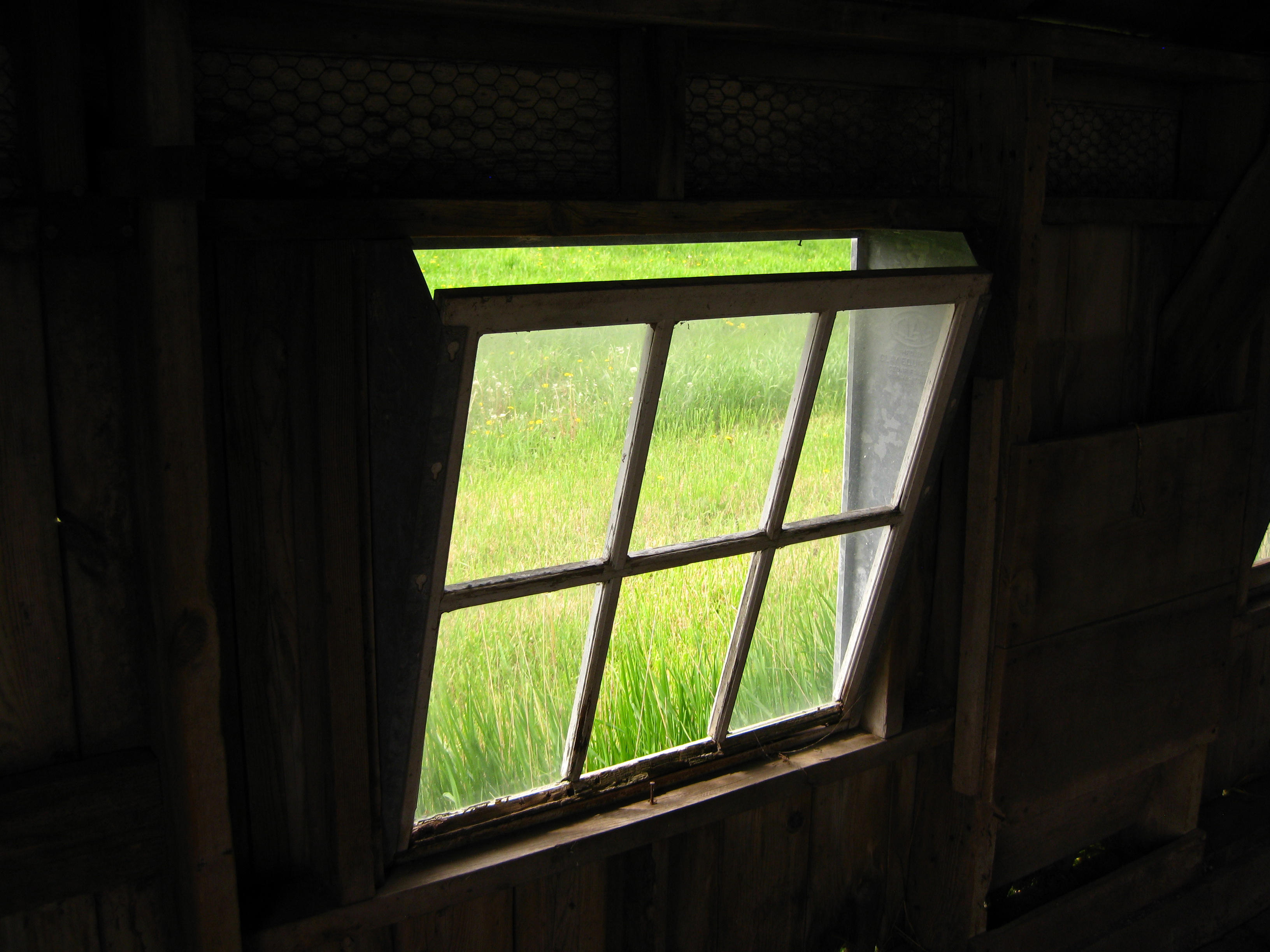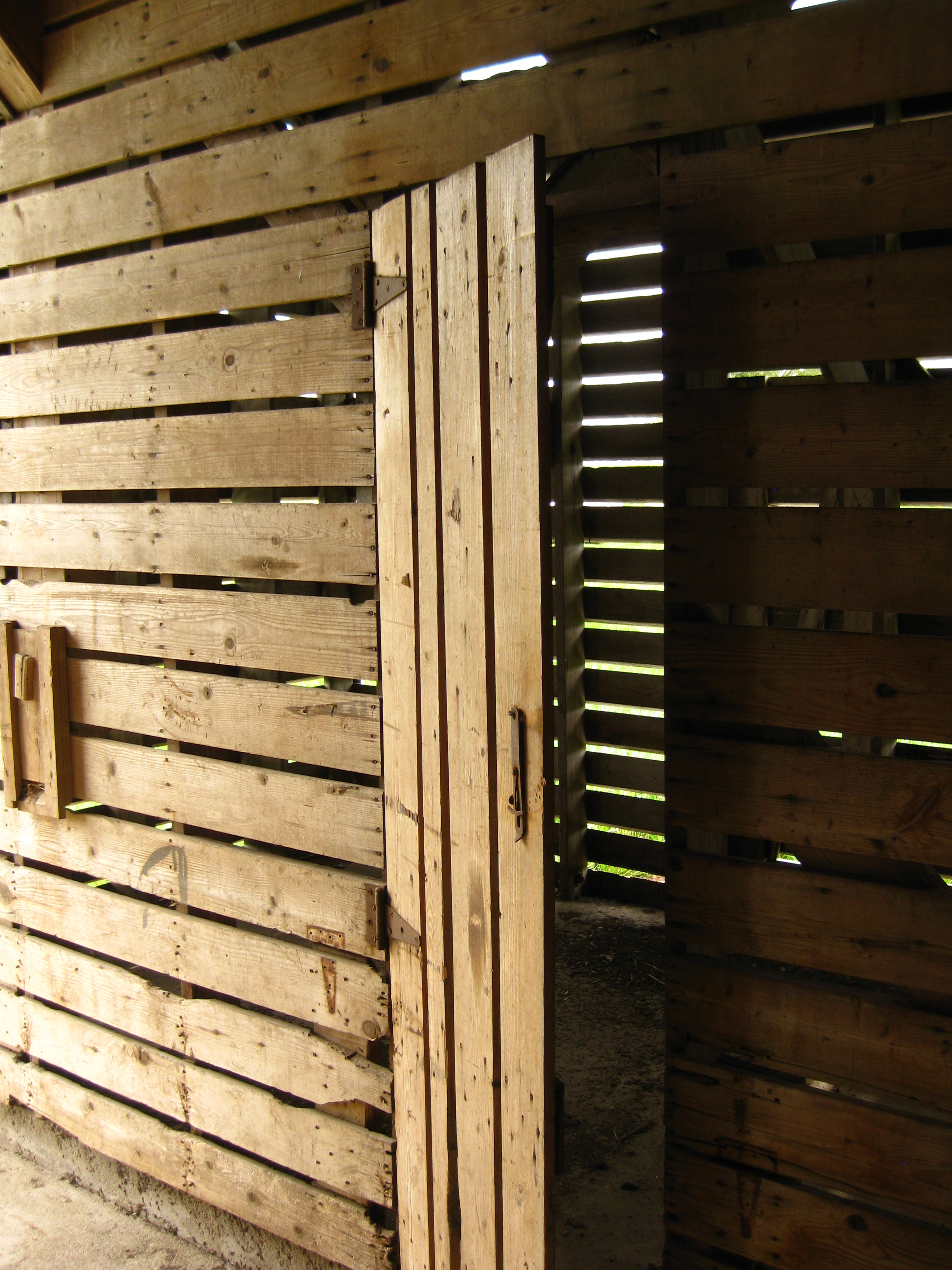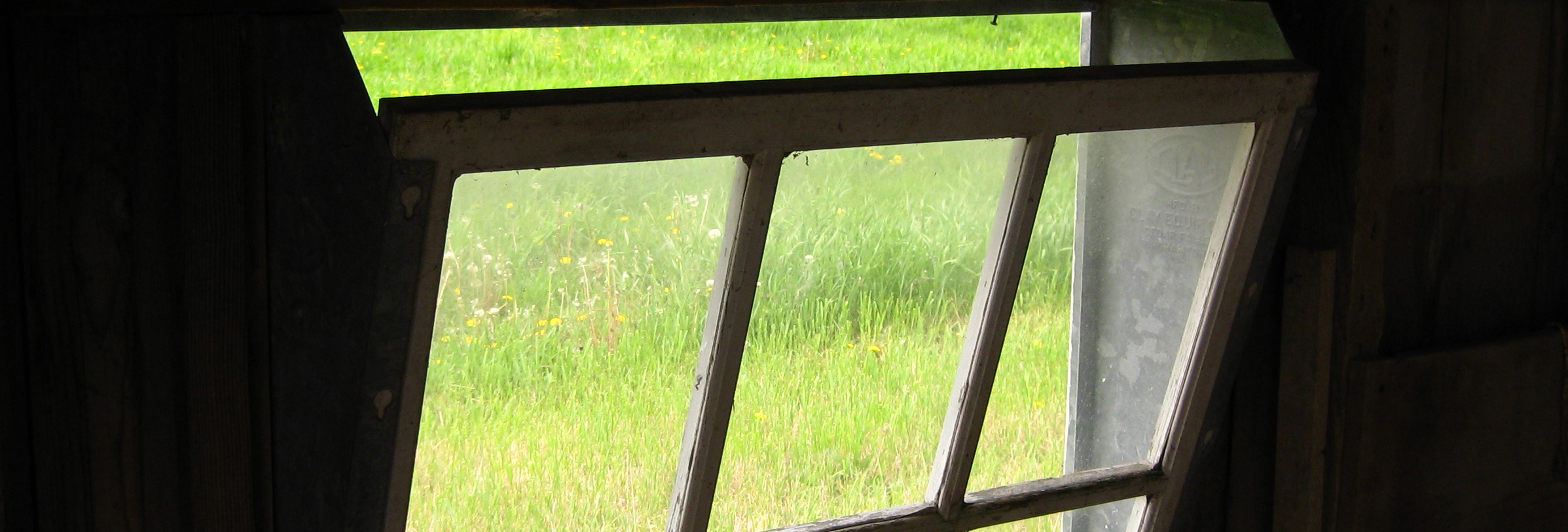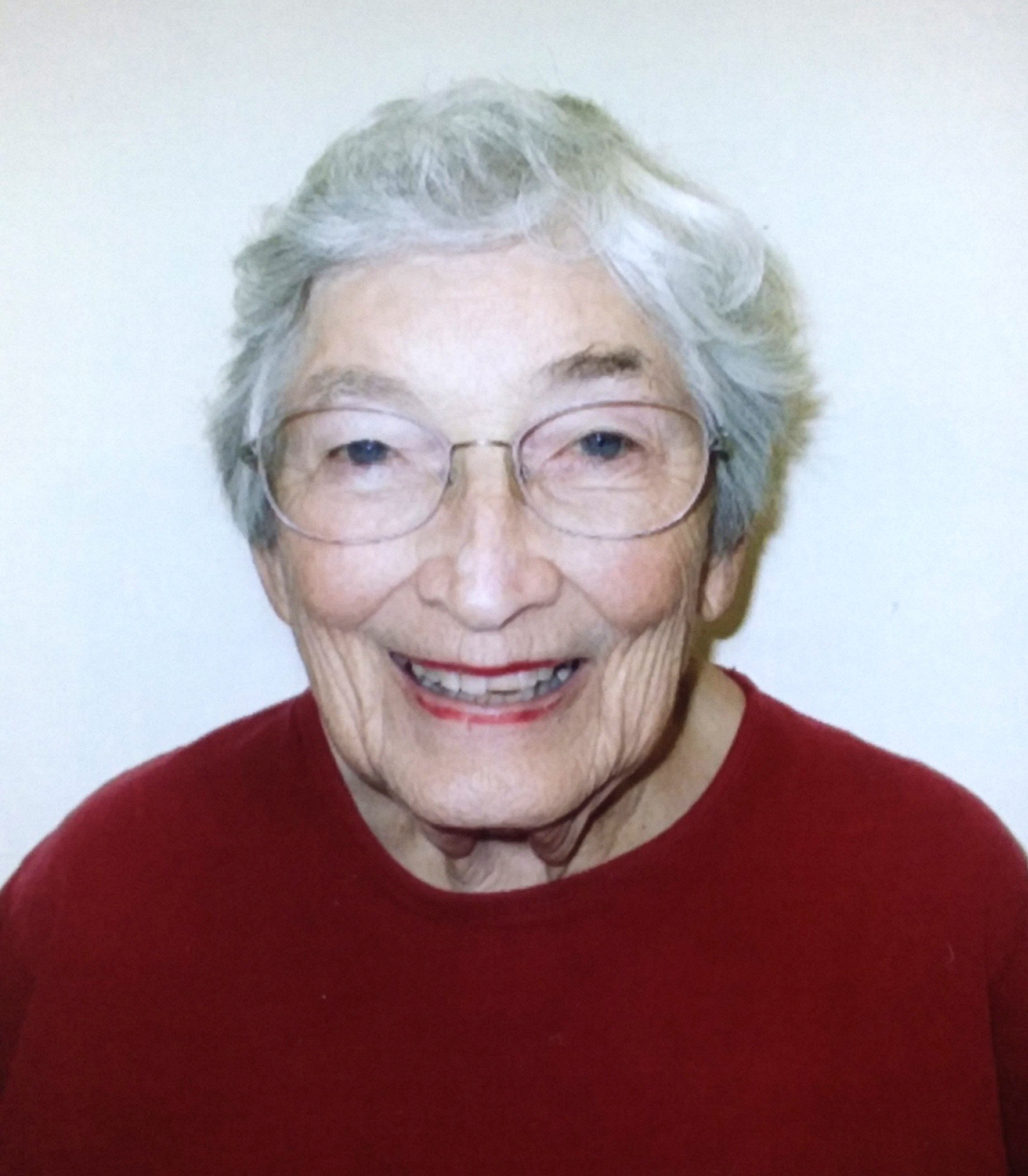I was going to sit out on the big front porch, but that big sign kept banging in the wind. I don’t know why there’s a “Flint Hills Nursing Home” sign on my front porch, and I don’t know why anyone let that woman in! She just sits there and acts like she owns this place; she bosses everybody, and all she ever wears is white—even her hat is white!
Today, I started in to read a book called Prairie Erth that a body should start reading at the beginning of winter—it’s that thick! But, of course, we’re not exactly having summer—even if we are up against August—so mayhap this is the beginning of winter, and I’ve misread the calendar again.
I’d like to read this book while I still have good enough eyesight to get clear through it. It’s about here! The Flint Hills! Even though he calls it “Chase County.” Course, Chase County is just a wee drive from here, at least if you’re driving one of those fancy new trucks. So I guess it’s part of here. I planned to read outdoors, but that lady said I should come in before the mosquitos enjoyed their dinner to my disadvantage. She’s a mite bossy—always tries to think of everything that could go wrong.
Actually, when I got to page three, I got to thinking so much about how it is to be living here all the time. Maybe you’d be liking to hear that story. My story spreads out a bit, though, and can’t be boxed in by a neat map.
Memory pools deep in some spots, like around our barn and the stone house, but then, in other spots, it runs thin and wide, and in such a rush that you never get to smell what it uncovers. Seems memory has a life of its own—and that’s the way it is with these Flint Hills. They don’t come to anyone’s call. My Emmy used to tell me things like that, but she’s been dead these thirty-seven years now, and a body can’t always call back the telling voice.
My Emmy loved these hills and the grasses. She always said it was like having an English moor and the ocean all together at your front door. I don’t know how she could have known that—she was never away from Kansas in her whole life.
Things has changed a lot since she went. I don’t suppose I’m the only one to notice, but I don’t talk much about what I see. The way I work it out, no use upsetting anyone beyond what’s necessary.
I’m as old as the century, and then I’ve got a good deal of remembering from before that, from all the stories Grandpap told my mother. He’d stories of the Flint Hills comin out like breath on a December morning, she’d say. And then, too, he had all those stories of the freight wagons going to Santa Fe. I can sit in this chair and look out to where the dust rises from the wagon wheel tracks—I can’t quite make them out anymore, but I know where they are.
Some days, it seems like I just missed seeing Grandpap go by! My mother used to say her mother could look out this window—at least I think it was this window—and see the wagons coming half a day before they’d pull up. All I can see, really, is that parking lot and the cars that come in and out. Maybe my eyes is fixing to quit on me.
Well, when Grandpap would get home from Santa Fe, there’d be a real family reunion, with Gramdmam cooking everything he’d ever said he had a hankering for!

Photo by Jon Andelson
Sittin’ here, I can just feel how she must have been that last time. When the wagons came by and stopped, and then the men said her David had got pneumonia after they left Springer and didn’t live to cross the Cimmarron. They buried him by the trail. She never said a word.
Ma told me her ma sat by this window and rocked for three days, her cap off and her hair all unpinned, and then she got up and pinned up her hair and set her jaw in that way that warns you not to mention certain things, and she started in living the second half of her life.
She was eighteen when she married Grandpap. He was forty-three and brought her six children to take care of, the minute she said “I do.” I used to have a picture of her and him when they got married and another one that must have been took the year before he died. He would have been fifty-eight by then, but he still looked forty-three. But she’d got to be an old woman in fifteen years. She was only thirty-four when he died, and by then she had seven live younguns to take care of.
I guess you could say she ran a hotel out on the trail—maybe the first. The way I work it out, she likely did the mending and laundry and baked extra for all the men, as well as Grandpap. The wagons came by every trip after Grandpap died, and like as not they brought her meat they just couldn’t see taking any further. And no doubt she still took care of them, just like she had before Grandpap died on the trail. I can see that made them all family.
This is the rocker Grandpap’s family brought from Scotland a bunch of years ago, and it’s the one she sat in after he died. It’s odd-looking for these days, but I like it. That lady at the desk made a face when I brought it in here, but I ain’t letting her get her hands on it.
Grandmam never cared to look at another man, and she didn’t die till after I was born. She wouldn’t go to live with any of her younguns—said she wasn’t about to start taking care of another generation. I can’t rightly remember how old I was when my ma moved us into Grandmam’s house so she could see Grandmam would eat proper every day.
This old house is the best place for stories. You can even hear the stories grown-ups never thought anyone was listening to, and you could work out some mighty interesting things about the neighbors and cousins. I just can’t see leaving. If my Emmy ever comes back, driving around in one of them fancy pickups, she wouldn’t know where else to look for me.
Well, the light’s fading, and I suppose someone will poke her nose in to say “bed-time!” As if I couldn’t work that out for myself!
Mayhap I’ll wait till tomorrow to read Prairie Erth. That William Heat Moon’s a real nice young man. I told him lots of stories when he came to see me before he wrote all this down. I never thought he’d get so many pages out of what folks said.

Photo by Jon Andelson
My Emmy would have liked him. She’d take up with any stray as long as they liked the hills. It would have pleasured her to read about us in this book. It would be kind of like talking to all the old ones at a family reunion, and seeing all the stories mix in and separate, and then get stirred up all together again.
Sometimes I think that being old is like having your own book all jumbled up inside you and no numbers on the pages. Sometimes things come out in one order, and sometimes they come out altogether different. I guess maybe this Heat-Moon book is just him giving all the pages numbers, so even if we nod off, we don’t have to discover the order all over again.
Well, it’s so dark I can’t see a dad-burned thing in here, but I like the dark. It’s too bad all those lights are out there where we used to see the wheel tracks. Kinda seems too bad not to let the dark have its own place.


